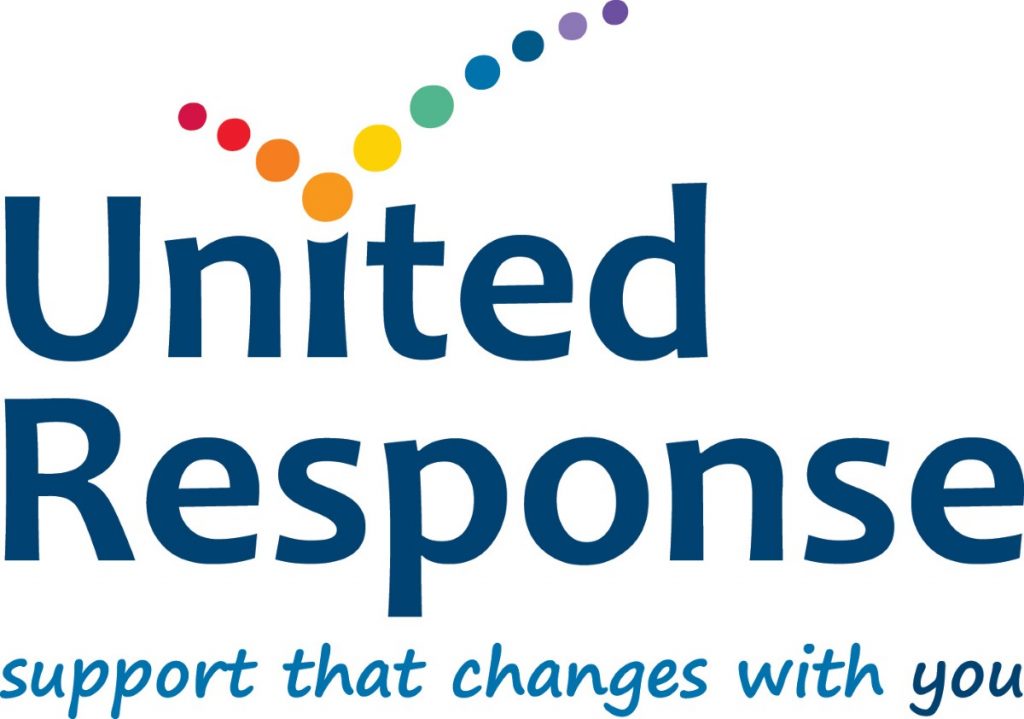Moving people on from long stay hospitals
The national disability charity, United Response, is launching a new resource today to assist social care professionals with successfully moving people from Assessment & Treatment Units and long stay institutions back to their local communities.
Over the last few years, the organisation has supported a number of people with complex disabilities to make this move. United Response’s Practice Development Team has drawn on these experiences, looking at what works and what doesn’t work to create the “Transforming Care: New Referral Checklist”. The resource brings together learning from staff, people supported by the organisation, family members and a range of professionals into a single detailed checklist.
Broken down into sequential steps, the checklist details the eight phases needed to successfully move someone back to their community. The checklist covers the development of partnership agreements between stakeholders with defined roles and responsibilities for before, during and after the move; service specification and service design; staff skills and knowledge; living environment and practice leadership.
Distributed free-of-charge, the checklist is available to anyone involved in creating new services for people with substantial levels of challenging behaviour, from families, through to commissioners and service providers.
Bev Ashman, United Response’s Practice Development Co-ordinator, said:
“The shocking stories of the people who lived at Winterbourne View Hospital, were a stark reminder to all social care professionals about the need for high quality care provided in community settings, as had been outlined by the late Professor Jim Mansell.
“The sector committed itself to changing and better meeting the needs of people who present behaviours which are severely challenging. Yet, far too many people remain in inpatient care for long periods of time, often without a clear discharge plan in place.
“To assist people who find themselves living in such conditions, it is imperative that those in the know share their knowledge, so that others can learn from their experience, and change can happen.
“United Response has that knowledge. We have successfully supported a number of people with high levels of challenging behaviour to move from institutional settings into a home of their own close to family and friends. Like others we have sometimes got it wrong and that is what led us to begin work on the referral checklist. In collaboration with family members, service users, staff and others in the social care field, we have sought to establish the elements and processes that are essential to making a placement a success.
“We hope that by sharing our knowledge others will follow suit. We all have a responsibility to bring about this change, and to ensure that the people that we work with live the meaningful and rich lives that they deserve.”
To download a free-of-charge copy of the Transforming Care: New Referral Checklist, go to www.unitedresponse.org.uk/transformingcare
For more information, please contact Gemma Taylor or Sarah Bartlett in the United Response Press Office on 020 8246 5200 or email gemma.taylor@unitedresponse.org.uk or sarah.bartlett@unitedresponse.org.uk
Notes to editors:
United Response is a community based charity that works with people with learning disabilities, mental health needs or physical disabilities- including some of the most vulnerable people in our society. Our vision is of a society where disabled people are equal participants and have access to the same rights and opportunities as everyone else.
We are a top 100 national charity with a turnover of over £69 million, working with more than 2,500 people at around 330 locations across England and Wales. We employ approximately 3,500 people and regularly win awards for our innovative, high quality range of services
We provide everything from 24-hour care to a few hours of support a week. Our support is always designed around each person because we know one size does not fit all. Some people may require minimal support; those with complex needs may require considerably more.
To find out more about the work of United Response, please visit www.unitedresponse.org.uk
Gemma Taylor
Media Assistant
Phone: 020 8879 4989
Email: gemma.taylor@unitedresponse.org.uk





-01.png)